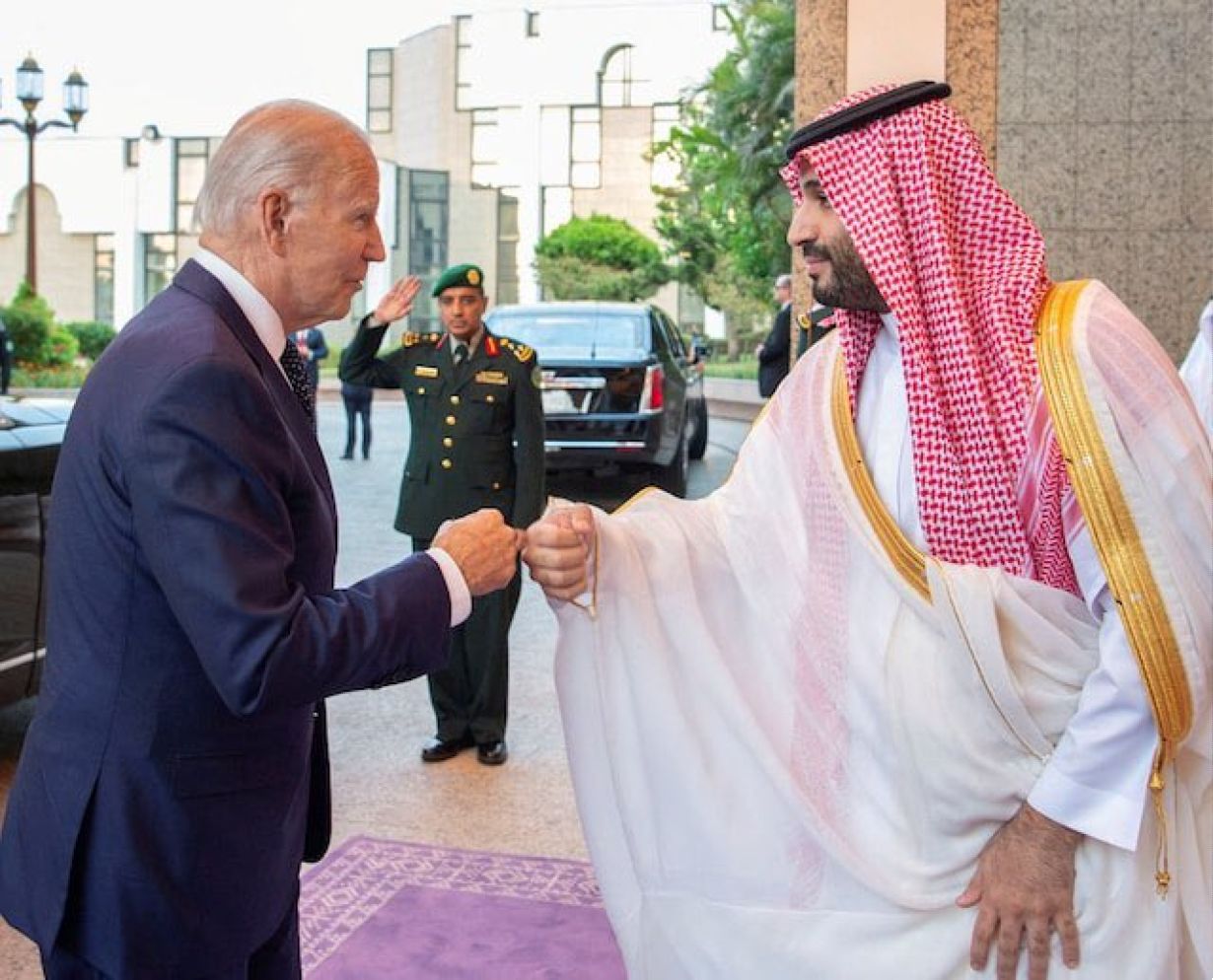Islamic religious leadership has grimly scoffed at movements intending to reform or moderate Islamic jurisprudence and overall outlook. The opposition of the conservatives in the sub-continent always played the obstructionist.
Ijtihad (reformation) is a significant idea in Shia jurisprudence, but the prospect of a consensual opinion among the mujtahids (jurist-consults) has been elusive.
Unlike other major religions, Muslim orthodoxy has been reluctant to reform with the changing times. Fourteen centuries went in a struggle for change, yet no change in sight is a bizarre phenomenon.
The consequences of a negative approach to the compulsions thrown up by the advanced scientific and technological age are unrelenting. Instead of gainfully readjusting to moderate Western ways of life, the Muslim clergy advocated rather fiercely distancing from Western culture. Two reasons can be imagined.
First, Muslims are fed with the ideology that Islam is the religion sent by Allah to supersede all other religions, and hence, Islamic society (ummah), being different from all other communities, is superior and must dominate.
The second reason could be the domination of Islamic countries, especially the Arab world, by the Western colonizers from the 18th to 20th centuries and controlling their rich resources, particularly the hydrocarbon reserves.
We don’t say that distinguished brains in the Muslim community did not realize the loss which the ummah will be inflicted owing to senseless apathy and disdain for the Western culture.
Thinkers like Sir Sayyid Ahmad Khan or Allama Iqbal did rise from time to time in the Indian sub-continent exhorting the ummah to adopt good things of modern Western culture. Iqbal brilliantly put forth his ideas on reformation in his scholarly work titled Reconstruction of Islamic Thought.
An outstanding Egyptian scholar put the whole narrative in a cryptic but meaningful sentence. Muhammad Abduh came back from Europe so impressed with the order and prosperity that he told Egyptians: “I went to the West and saw Islam, but no Muslims; I got back to the East and saw Muslims, but no Islam.”
The remarkably outstanding Islamic personality of contemporary times, who has drunk deep from the fountain of Islamic knowledge by being the holder of temporal as well as ecclesiastical authority over the Muslim ummah on the one hand and the other, has lived and socialized with the Western societies for many years, is Crown Prince Muhammad bin Salman, lovingly called MBS by his Western friends and associates.
No Islamic leader of our times has as deep an understanding of the need for drastic reforms in Islam as he has. Being in a position of authority and driven by a vision of the future of the ummah, he has already undertaken several measures to pull the Muslim societies out of a morass of antiquated and obsolete practices and traits that have caused the backwardness and segregation of the ummah in an overall estimation.

It is an irony that a country that meets one-third of the world’s oil requirement should remain steeped in the conservatism and backwardness of the Middle Ages.
The Crown Prince’s lead has inspired many of his close associates and compatriots to initiate a reformation movement to convert the stereotyped Islam into a moderate, vibrant, and inclusive Islam.
He knows contemporary Muslims want to realize their aspirations under political compulsions. The failure to argue their point effectively has led them to resort to violence, oblivious to the dire and disastrous consequences of an adventure like that.
Today, if every Muslim is not a terrorist, every terrorist is a Muslim. The largest religious community in the world that has bid farewell to its native land and migrated to a Western country to earn two square means in an environment of peace, tranquillity, and justice is that of the Muslims. Why is it so? The malaise lies in politicizing Islam.
These questions have upset the mind of the emancipated and visionary leader of Saudi Arabia. We have a special reason to appreciate his courage and determination to initiate much-needed reforms in Islamic jurisprudence.
Prince Salman firmly believes in resolving disputes and differences through dialogue and a votary of non-violence. He has taken some important measures to resolve the Yemen dispute and strongly supported the invitation to President Assad of Syria to participate in the Islamic summit meeting in Riyadh.
Eminent Islamic scholar Dr. Mohammad Bin Abdulkarim Al-Issa from Saudi Arabia, Secretary General of the Muslim World League, cited as one of the strongest global voices on moderate Islam, is in India till July 15. On Tuesday, he addressed prominent religious leaders, scholars, and academics in the capital. He shared the stage with NSA Ajit Doval, who also addressed the India Islamic Cultural Centre (IICC) gathering.
In his interface with Indian intellectuals and luminaries at various levels and meetings, Al-Issa is expected to speak on issues ranging from moderate Islam, dialogue between civilizations, religious tolerance, intercultural communication, non-violence, and religious pluralism.
During his stay, he will likely meet with External Affairs Minister S Jaishankar and Minister for Minority Affairs Smriti Irani. He may also call on President Droupadi Murmu.
Ahead of the visit, IICC president Sirajuddin Qureshi had described this “coming together” of Al-Issa and Doval for the special address on Tuesday as a moment that promises to send a strong message to the world. “We see this special address as a moment that will bolster the message of inter-faith harmony and national integration,” Qureshi said.
The NGO Khusro Foundation and IICC are organizing this program. Qureshi said invitations had been sent to prominent Muslim religious leaders and scholars and those from other religions.
It is a matter of great satisfaction that a leading religious scholar and ideologue from the heartland of Islam, holding the high position of Secretary General of the Muslim World League, has chosen to speak in India for the dissemination of central themes like a dialogue between civilizations, religious tolerance, intercultural communication, non-violence, and religious pluralism.
Our Islamic theologians generally evade these themes or do not feel comfortable with them. It is a unique event that an Islamic divine from Saudi Arabia is speaking on topics like these.
India has the second-largest Muslim population in the world after Indonesia. The significance of India is that this second Muslim-populated country is a democratic and secular country where we have people of almost all existing faiths in the world, and they are all treated on an even keel.
Seven and a half decades ago, on the eve of their departure, the colonialists divided India based on religion. This unnatural act is the greatest holocaust one can recall in the history of humanity. Its scars are still festering.
Nearly three decades later, the separated part was divided into two, not on religious but ethnic grounds. The foolhardiness of the inhuman act of dividing countries on a religious basis has left behind a mindset muddied by deep-seated hatred and animosity. All attempts to heal those scars are made ineffective through vicious and malignant propaganda and waging a proxy war.
India’s secular democracy is threatened because the perpetrators of a proxy war have failed to establish and strengthen the concept of democracy in their land. Waging a state-run proxy war has necessitated the creation of home-bred terrorist organizations to be labeled as jihadists waging a religious war against secular democracy.
The distinguished guest is the first top Islamic scholar of great eminence who is talking on issues that the Muslims of contemporary times must discuss and conclude that this earth is created for the use of people of all faiths and views to live in harmony and not antagonism.
His message resounds after the voice of our constitution. This could be a watershed in the history of Islam in the sub-continent and an ethical as well as juridical message to the Muslim population of India. Moderating Islam guarantees the prosperity and perpetuation of Islam in India.
The visit of the distinguished guest should not be linked to any political goal. The message is immensely beyond mundane political objectives.
- KN Pandita (Padma Shri) is the former Director of the Center of Central Asian Studies at Kashmir University. Views expressed here are of the author’s.
- Mail EurAsian Times at etdesk(at)eurasiantimes.com




